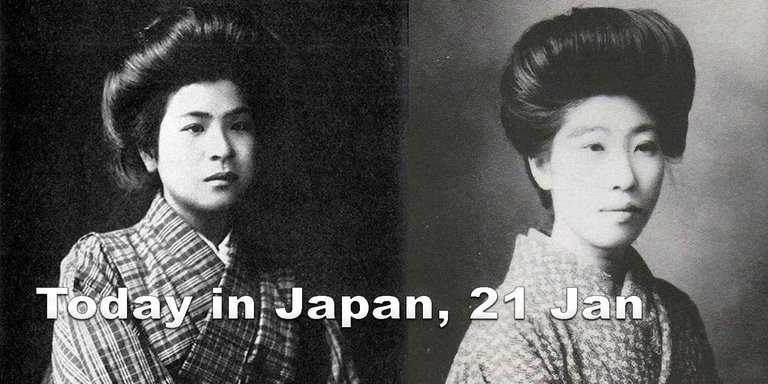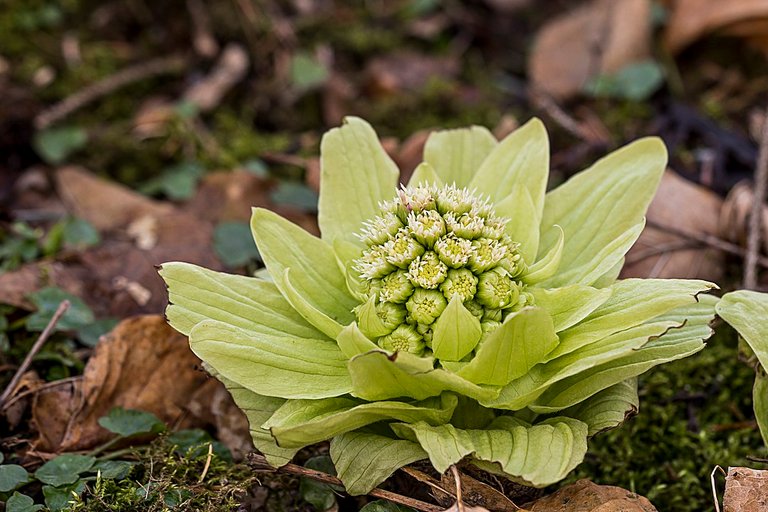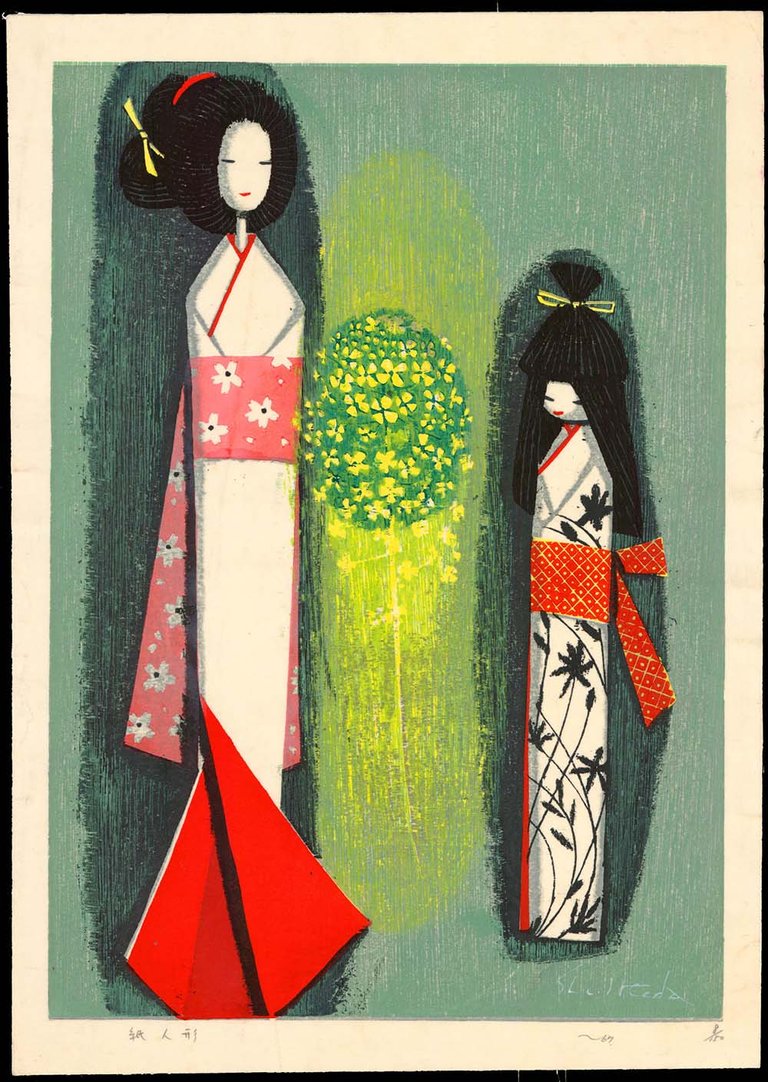Today in Japan, Jan 21 - Two Remarkable Women
And here is your daily almanac for Sunday, the twenty-first of January 2024.

On this day in 1895, Ito Noe, a prominent Japanese feminist and anarchist, was born in Fukioka. A trailblazer in advocating for women's rights and social reforms, Noe's life was dedicated to challenging societal norms and fighting for gender equality. Her work in the early 20th century laid the groundwork for subsequent feminist movements in Japan. Noe's passion for social justice and her tragic early death make her a compelling and inspirational figure in Japanese history.
Also on this day in 1946, Sugita Hisajo, a talented haiku poet, passed away. Despite facing challenges in her personal life and struggling for recognition in the male-dominated world of haiku, Hisajo left a significant mark in the world of Japanese literature with her unique and evocative haiku.

Today's rokuyō, Senbu (先負), suggests a day where the morning is auspicious, but caution is advised in the afternoon. (Read more about the rokuyō here)
On the old calendar, today would have been the tenth day of the twelfth month. We find ourselves in Daikan (大寒), the deepest cold of winter, and the microseason Fuki no hana saku (款冬華), when the butterbur flowers bloom. This period, representing the peak of winter's chill, is a time for introspection and reflection.

via Wikipedia

Here's a haiku from Hisajo:
足袋つぐやノラともならず教師妻
tabi tsugu ya nora to mo narazu kyōshizuma
mending socks—
not much like Nora
this teacher's wife

Paper dolls by Ikeda Shuzo
Nora, from Ibsen's A Doll's House was something of a rebel, breaking free of traditional constraints of domestic life, and choosing freedom over family. Hisajo, by contrast, dreamed of that, but instead chose to be a faithful wife and mother, and stayed. Her relationship with her husband broke down over that; he gave up his artistic dreams and instead took a job as an art teacher to pay the bills, and she resented him for giving up his dream when she couldn't do the same. Yet she felt constrained by society to be a good wife and mother. This conflict between her obligations and her dreams would haunt her all her life.

As we endure the deep cold of Daikan and admire the resilience of the butterbur flowers, let's remember the enduring legacies of Ito Noe and Sugita Hisajo. Their contributions to feminism, literature, and the larger discourse on social reform and personal expression in Japan continue to inspire and resonate.
Be well, do good work, and stay in touch.
❦
 |
David LaSpina is an American photographer and translator lost in Japan, trying to capture the beauty of this country one photo at a time and searching for the perfect haiku. He blogs here and at laspina.org. Write him on Twitter or Mastodon. |